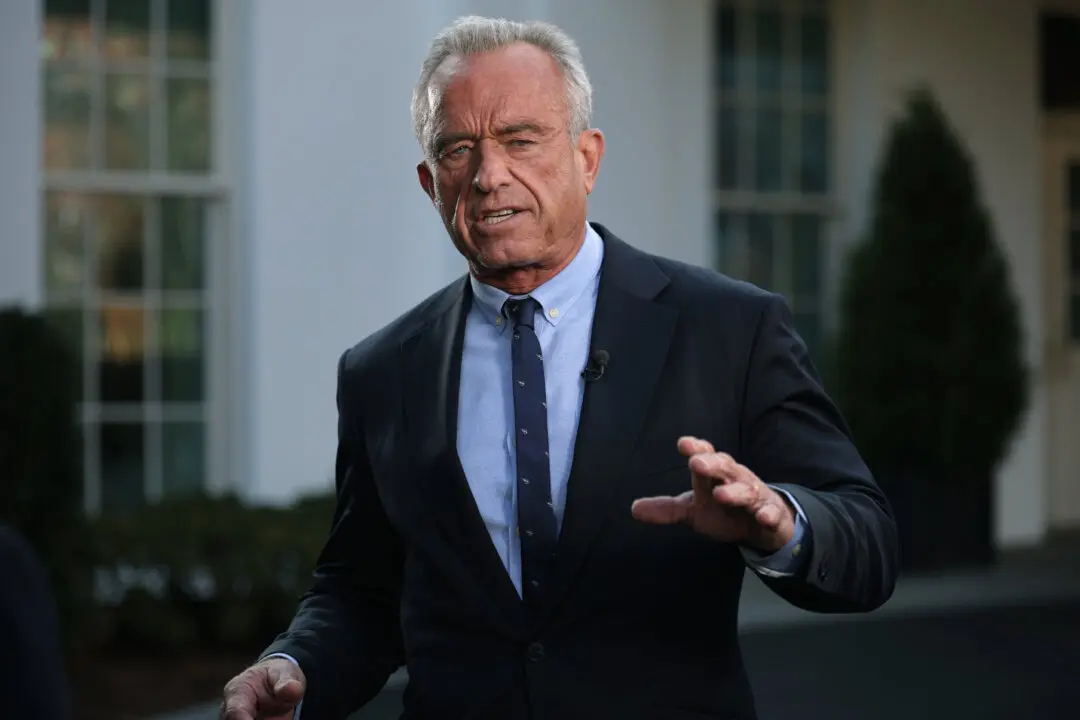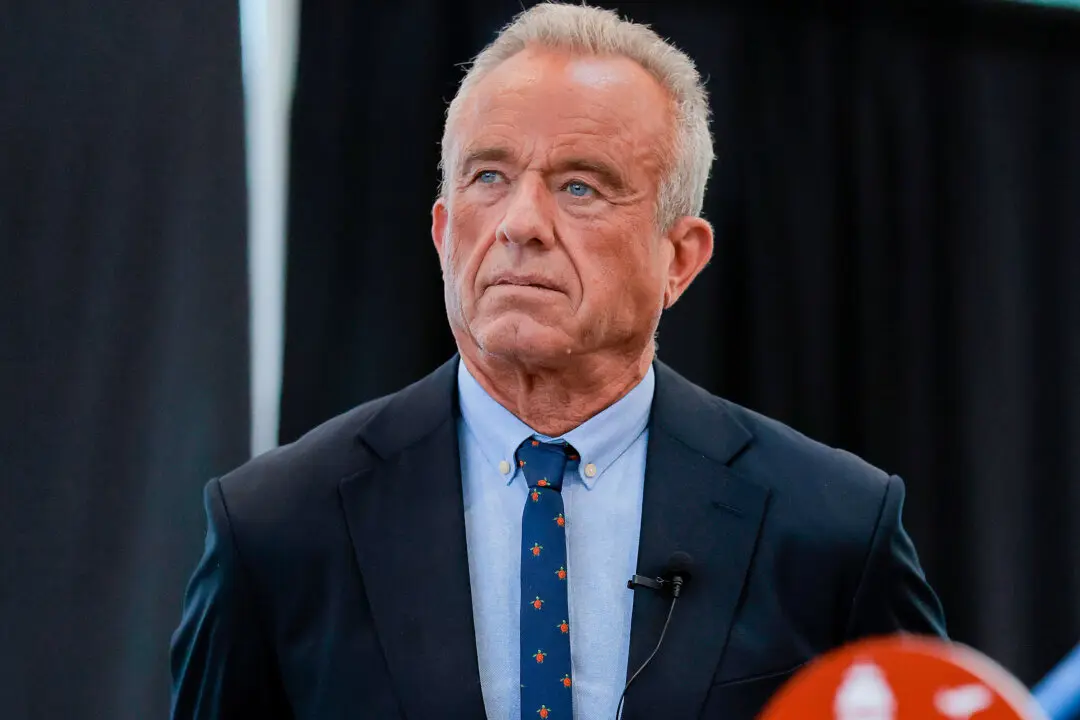Sen. Richard Burr (R-N.C.) asked the Senate Ethics Committee on Friday to probe stock sales he made earlier this year after receiving briefings on the CCP virus.
The Epoch Times refers to the novel coronavirus as the CCP virus because the Chinese Communist Party’s coverup and mishandling allowed the virus to spread throughout China and create a global pandemic.





